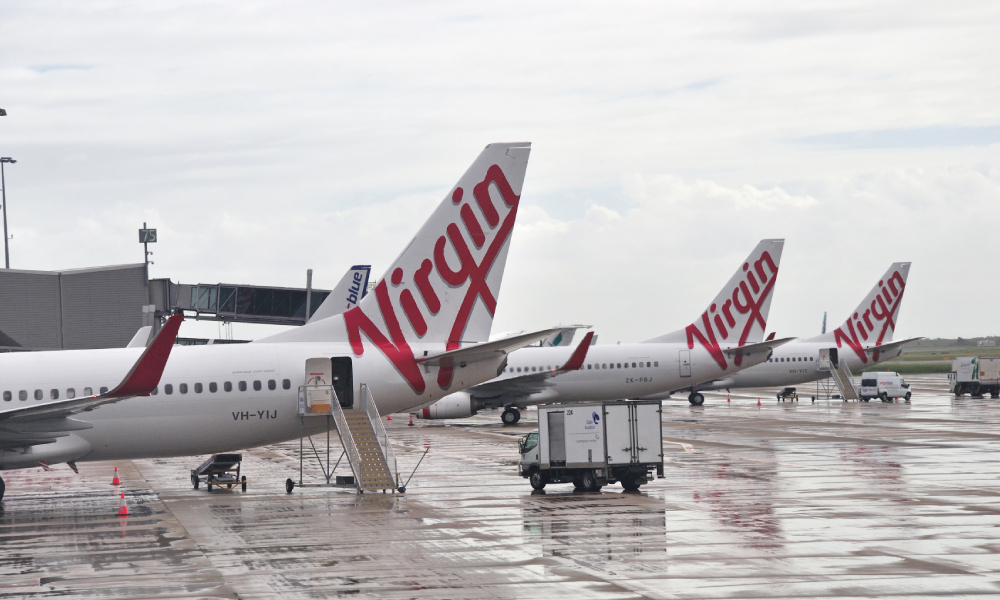
Paul Scurrah’s departure signals a possible new direction for the carrier

Virgin Australia’s chief executive officer is stepping down from his post soon after US private equity firm Bain Capital completes its acquisition of the airlines. The departure signals a possibility that the new owners are charting a different course for the carrier.
CEO Paul Scurrah will be replaced by Jayne Hrdlicka, who once helmed Jetstar, the budget airlines owned and operated by the company’s rival Qantas.
“Whilst it has been the most challenging time in aviation history, I have continued to be so proud of the way my team and our entire organisation has fought to save this airline and to keep competition alive and well in Australia,” Scurrah said in a statement.
Bain purchased Virgin Australia after the airlines entered into voluntary administration in April, when the COVID-19 pandemic forced governments to impose air travel restrictions. Before that, the airlines had already been struggling to pay off $6.8bn of debt to over 12,000 creditors.
Read more: Virgin Australia forced into voluntary administration
For a time, the acquisition and subsequent restructuring gave Virgin Australia a glimmer of hope that it would emerge from the crisis stronger.
However, disagreements between Scurrah and the private equity group – regarding the direction Virgin Australia was taking – reportedly prompted the CEO’s exit.
Bain purportedly made plans to turn Virgin into a low-cost carrier, which supposedly runs counter to Scurrah’s strategy of offering services at a higher price point.
Vaughan Strawbridge, a partner at Deloitte who serves as one of Virgin Australia’s administrators, addressed the speculations head on.
“I have reaffirmed with Bain Capital that Virgin Australia will not be repositioned as a low-cost carrier. Virgin Australia will be a ‘hybrid’ airline,” he said in a statement.
Read more: Virgin Australia to slash 3,000 jobs amid brand refresh
Under Scurrah’s leadership, Virgin Australia said it aimed to be “the best value carrier in the market, not a low-cost carrier”. Despite efforts to remain competitive during the downturn, the carrier was forced to cut 3,000 jobs – or about a third of its workforce – when restructuring began.
In August, Bain announced plans to reduce Virgin Australia’s fleet by half and offer only domestic flights while the air travel industry recovers from the economic crisis.
But if the new owners proceed with turning the airlines into a low-cost option, additional job cuts could be under way, union leaders said.
“Bain has an obligation to be honest with Virgin employees about their plans,” said Emeline Gaske, assistant national secretary of the Australian Services Union.
Gaske is worried the firm would fall short of its promise to retain Virgin Australia’s status as a full-service carrier.
“During the sale process, Bain made significant commitments to employees and company creditors, and any departure from this would be a massive breach of trust by the new owners,” she said.
Meanwhile, Michael Kaine, national secretary of the Transport Workers Union, is pressing the Federal Government to hold Bain to the promises it made at the start of the acquisition.